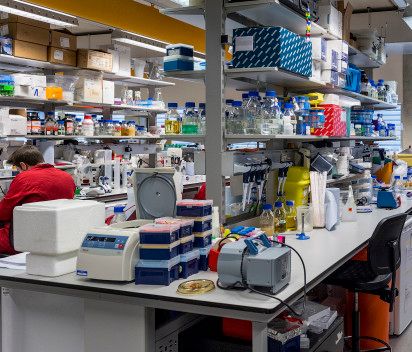BibTex format
@article{Sanchez-Garrdio:2018:10.1126/scisignal.aat6903,
author = {Sanchez-Garrdio, J and Sancho-Shimizu, V and Shenoy, A},
doi = {10.1126/scisignal.aat6903},
journal = {Science Signaling},
title = {Regulated proteolysis of p62/SQSTM1 enables differential control of autophagy and nutrient sensing},
url = {http://dx.doi.org/10.1126/scisignal.aat6903},
volume = {11},
year = {2018}
}
